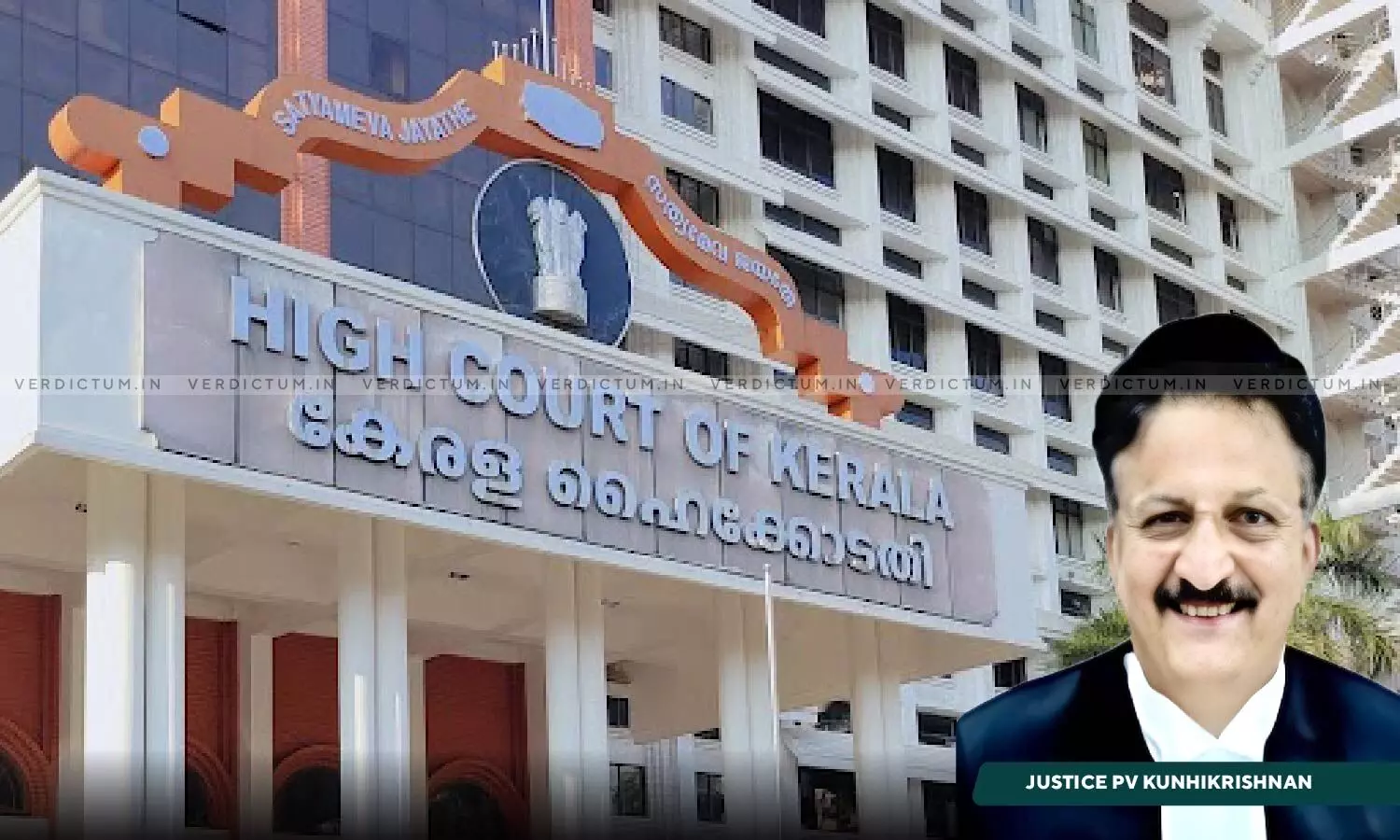
Sec 256 CrPC Cannot Be Invoked By Executive Or District Magistrate While Invoking Powers U/s. 138 Of CrPC: Kerala High Court
 |
|Emphasizing that Section 256 of CrPC cannot be invoked by an Executive Magistrate or Sub Divisional Magistrate or District Magistrate while invoking the powers under Sections 133 to 138 of the CrPC, the Kerala High Court held that an order passed by the Executive Magistrate closing the case invoking the powers under Section 256 of the CrPC is unsustainable.
A Single Judge Bench of Justice P. V. Kunhikrishnan observed that “Section 133(1) says that whenever a District Magistrate or a Sub-divisional Magistrate or any other Executive Magistrate specially empowered in this behalf by the State Government on receiving the report of a police officer or other information and on taking such evidence, can pass appropriate orders”.
The Bench further added that “Nowhere in Section 133 of the Code it is stated that the District Magistrate or Sub-divisional Magistrate or any Executive Magistrate is taking action based on any ‘complaint’, instead, Section 133 clearly states that action taken is based on a ‘report’ of a police officer or other ‘information’”.
Advocate K. Mohanakannan appeared for the Petitioners whereas Advocate R. Sudhish appeared for the Respondent.
The brief facts of the case were that the petition was filed because of the dangerous standing of two trees causing danger to the original petitioners' house. The proceeding was commenced and was continued based on the directions of the court’s Judgment. The 2nd respondent conducted a site inspection and found that one jack fruit tree, two mango trees, and one teak tree are standing on the property of the third respondent herein and it is causing danger to the house of the petitioners and may fall at any time. Even though the direction was issued to remove the branches, only one of the trees was removed and therefore, the final order was passed. Said Order was challenged by the third respondent before the Sessions Court, but was dismissed. During the pendency of case, the original petitioner passed away. Hence, the case was presented by his heirs. The Session Court later set aside the impugned orders holding that the impugned orders were passed without following the legal procedures contemplated under Section 138 of the Code.
After considering the submission the Bench noted that the Executive Magistrate/Tahsildar shall pass fresh orders on the application submitted, after complying with the legal procedure contemplated under Section 138(1) of the Code, by taking the evidence of the matter as in the case of a summons case.
The Bench pointed that “it is true that under Section 138(1) of the Code, it is mandatory for the learned Executive Magistrate to take evidence as in the case of a summons case. That does not mean that the Sub-divisional Magistrate has got all the powers of a Judicial Magistrate, as per Chapter XX of the Code.”
The Bench further elaborated that Section 256 is applicable only if the summons has been issued on a complaint and on the day appointed for the appearance of the accused, the complainant does not appear, and the Magistrate can acquit the accused.
The Bench also clarified that a petition filed before the Executive Magistrate is not a complaint as defined under Section 2(d) of the Code.
The Bench highlighted the meaning of complaint by the reference to Section 2(d) of the code that “complaint means any allegation made orally or in writing to a Magistrate, with a view to his taking action under this Code, that some person, whether known or unknown, has committed an offence, but does not include a police report.”
Accordingly, the High Court set aside the impugned order and directed the second respondent to restore and finalize the proceedings, after giving an opportunity of hearing to the petitioners.
Cause Title: Shamsudheen and Ors. v. State of Kerala and Ors. [Neutral Citation: 2023/KER/64243]
Click here to read/download the Order